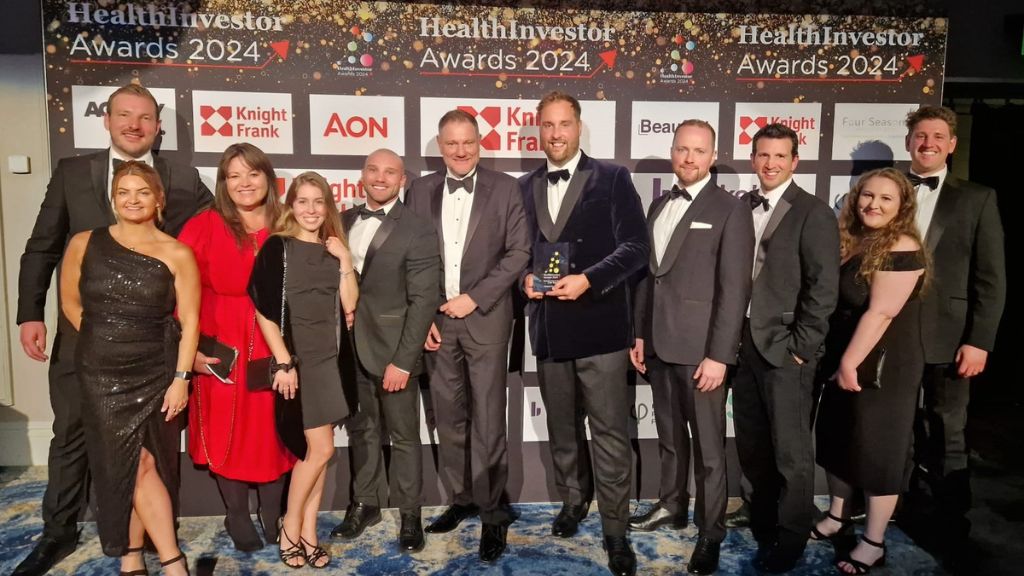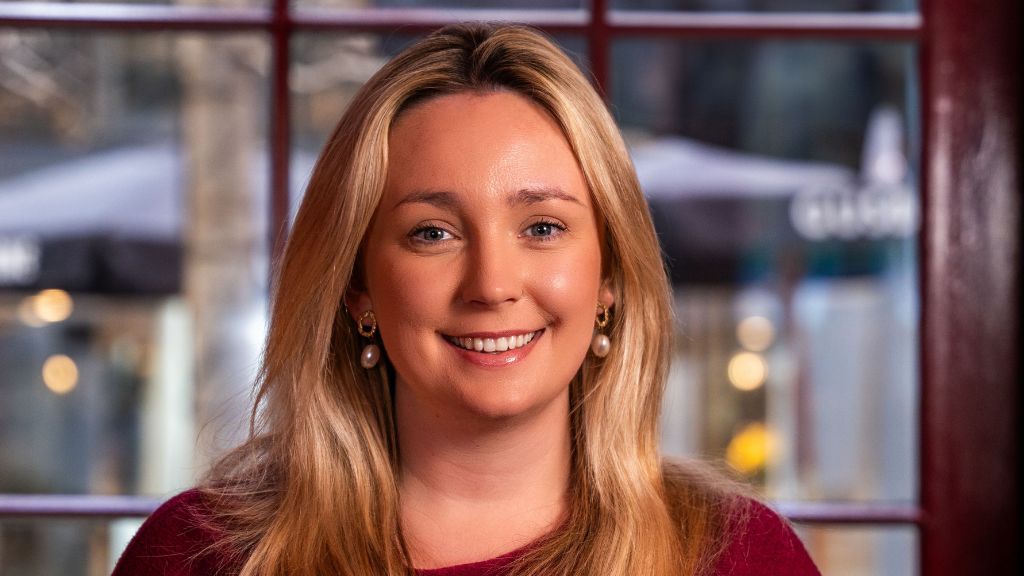EXCLUSIVE: Compass Carter Osborne looks to future after merger that shocked the sector
The care sector was stunned when Compass Executives and Carter Schwartz – the two biggest executive search specialists in the health and care space – announced they would be joining forces in May of this year.
Now post-merger, Compass Carter Osborne senior partners Luke Osborne and Adam Carter join Caring Times to explain why the company is “the unequivocal go-to” when it comes to C-suite appointments in the sector.

What does Compass Carter Osborne (CCO) offer and has that changed since the merger?
Adam: We were always staunch competitors, through the last decade especially. It’s a bit like a Venn diagram – we’ve always overlapped, operating in very similar marketplaces. We were both executive search businesses operating around that sort of C-suite level, mainly working with private equity. That hasn’t really changed. What it does do is consolidate the UK recruitment market at our level within healthcare.
Luke: But internally, there’s not a huge amount of difference. We have relatively similar cultures, relatively similar systems and processes. What we’ve been able to do is take all this experience – for example, last year we delivered 22 CEO mandates – and put them into one really concise process that we think takes the best elements from both.
Looking forward, we’ll develop to compete with companies doing global search mandates – that’s where we want to be.
The way that we operate hasn’t dramatically changed. It’s a natural conclusion for the two of us to come together, but it does change quite a lot for the market because the knowledge base is in one place now. We’re probably doing over half of the executive search in the UK’s private investor-backed healthcare market.
People are able to come to us as a knowledge bank to help make best-in-class appointments quickly – they can’t do that anywhere else. For the market, it makes us the unequivocal go-to; internally, it doesn’t change a huge amount. We had done things so similarly before that it’s very natural integration.
How has it been perceived by the market?
Adam: Somebody said to us: “It’s like you’ve got Ronaldo and Messi on the same team all of a sudden.” People were quite shocked because these two businesses were always in competition, and no one saw it coming. We were with investors today who said they wouldn’t have believed it possible but, bizarrely, it makes all the sense in the world.
“It’s a natural conclusion for the two of us to come together”
Luke: In terms of how the merger is going, the teams are getting on fantastically and there’s a nice complementary skill set across the two teams that means coming together has been a really easy task.
How did the merger come about?
Adam: We would meet occasionally for lunch, just to chew the cud and talk about the marketplace, and when we met last October it became very apparent that our direction of travel was the same, and maybe this was the time to bring both houses together. So we decided to stop fighting each other and are looking to work together and raise our game in the face of new competition.
The sector has evolved, the companies have got larger, the larger global entities and recruitment companies coming into our domain. The idea was, if we combine forces, we now have an offering that is immensely credible against those houses.
We’ve got unprecedented knowledge; we’ve got access points that no one else has; and we’ve got a track record that no one else has. That all gives us a platform not just to consolidate the UK, but also to make moves into Europe and the US, which is where we see our future.

Luke: We’re unequivocally the lead provider in SME private-equity healthcare. Anything that’s sub-£200 million in revenue, we’re the go-to, and that’s evidenced by the number of appointments that we’ve made in recent years: 22 private equity CEOs in the last 12 months is nearly triple what anyone else out there is doing.
We want our clients to recognise that we’re a friend to the sector, that by coming to us they have absolute, dialled-in specialism and laser focus in their particular space. We know what good looks like in the sector, and we’re able to analyse their businesses effectively to bring them the right people from out of the sector.
Beyond our core market, we want to continue growth into the big-capital investors. We’re beginning to do a lot of work with the likes of CBC. We’ve appointed two big roles in the UK and in Europe for them, and we want to continue working with those larger-capital investors in in Europe and eventually America.
And, of course, we have our new relationship with Cow Corner. They’re backing us to make substantive growth and helping take our successful model that we’ve applied in health and social care and expand that into life sciences in the UK, Europe and America.
“We remain inch-wide, mile-deep and a friend to the sector”
We want to be absolutely specialist in healthcare services and complementary services around that, including things like health technology. Then, by the end of the year, we’ll be a trusted partner to a lot of the UK investors that deploy capital into the life sciences space.
Adam: I’d also like to highlight that the acquisition of Carter Schwartz followed the acquisition of Carrot Recruitment, and there will be further acquisitions on the horizon which will actually help us to embed ourselves in other marketplaces within those spheres.
Was there anything else you wanted to touch on today?
Luke: I think the key message that we want to get over is that CCO is a consolidation of the leading minds in the sector, and the knowledge and track record that comes with that. We remain inch-wide, mile-deep and a friend to the sector. We’re only going to be doing this and we’re consolidating the SME market, growing further into that big-cap and growing further geographically from there. We’ll also be looking for continued acquisitions for businesses that are high-performing in our niche areas.
Our collective track records from last year include 22 private-equity-backed CEO appointments, which is ridiculous. Us joining forces is actually a huge positive for the market. I think it really needs it.




